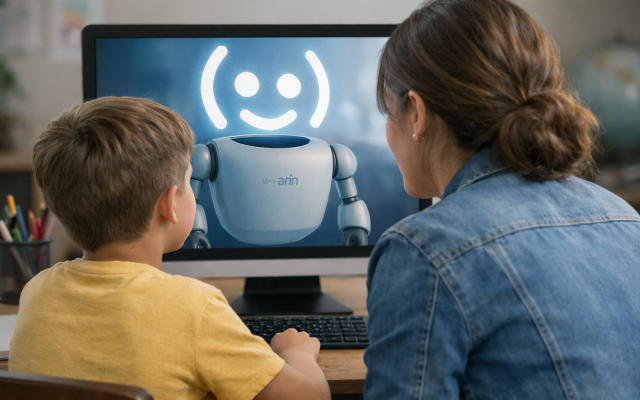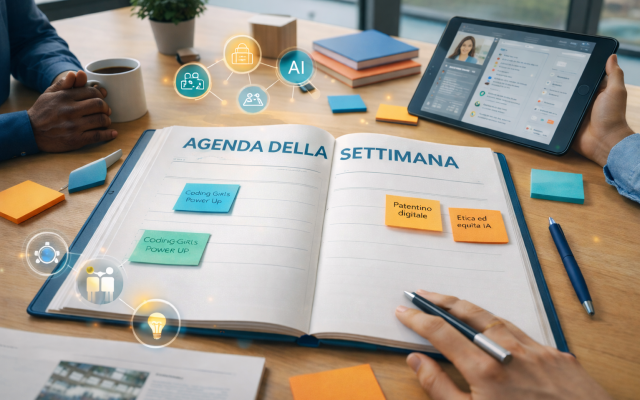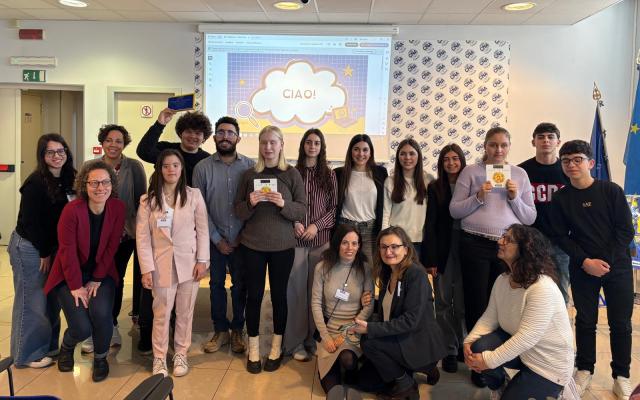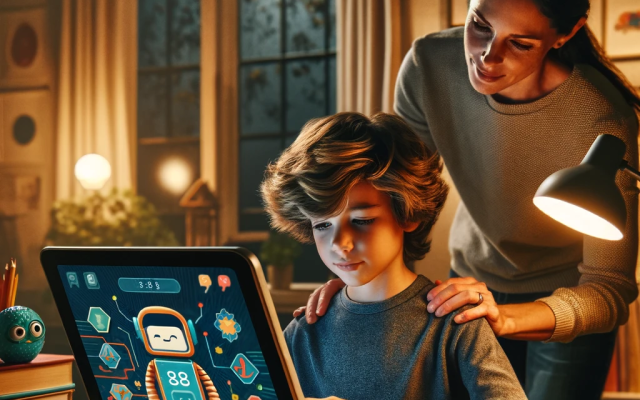Pathway Companion, in dialogue with psychologists Carolina Zorzi and Chiara Vignati
As part of Pathway Companion, a focus group was held last October, moderated by Lorenzo Antonucci, a psychologist specialising in developmental neuropsychology from the Fondazione Don Carlo Gnocchi, a partner of the project.
The meeting, aimed at gathering qualitative feedback, identifying specific needs and refining the design of the platform, involved nine psychologists specialising in neurodevelopmental disorders and learning psychopathology.
During the session, it emerged that the use of technology in teaching is still limited to primary school, while it is more widespread in secondary school; however, digital tools are often used only for research or slides, without any real methodological innovation. It was also noted that, although technology is a useful support for conceptual maps, reading and summarising for children with special educational needs (SEN), tools such as audiobooks are still little known. The difficulty in reading and understanding texts often requires the presence of an adult, also to simplify the content. A strong emotional component has also emerged: some children depend on the presence of their parents while studying or refuse compensatory tools for fear of feeling different.
The psychologists therefore proposed solutions to improve the autonomy of students: digital platforms that integrate voice synthesis, concept maps and interactive tests for comprehension, as well as the possibility of personalising texts. The use of artificial intelligence was recognised as potentially useful, although today it is often used uncritically by students.
The experts also identified a significant obstacle to the adoption of the technology in the lack of training for teachers, tutors and parents. For this reason, they believe that the creation of digital tools must be accompanied by simple and practical training courses to encourage their use.
Alberta Testa interviewed two of the psychologists who participated in the focus group, Carolina Zorzi and Chiara Vignati.
For Ms Zorzi, psychologists can ‘offer a methodological contribution on the use of new technologies in teaching, observing them from a clinical point of view. The objective’, she explained, ‘is to provide tools that can help teachers to intervene in a more targeted way with children and young people with learning difficulties’.
According to Zorzi, technologies can offer dual support: ‘on the one hand they facilitate reading and other instrumental operations, on the other they are very useful in defining new cognitive strategies, for example through the use of concept maps and speech synthesis’.
When asked if the use of these tools could reduce children's ability to learn, Zorzi replied by emphasising the need for an integrated approach. ‘These are two different levels: we need to work on instrumental competence, but if the child has serious difficulties, it is essential to preserve his or her interest in learning’.
He gave as an example the possible simultaneous intervention of a speech therapist to improve reading and writing skills, but also the use of a digital reader to prevent the child from falling behind the rest of the class. ‘The school has the task of ensuring that the child learns, regardless of his or her ability to read,’ he added.
‘Tools like Pathway Companion can compensate for difficulties and help students organise knowledge more effectively. These technologies should not replace the child, but should be integrated with the educational process to make learning more accessible and motivating’.
Vignati emphasised the importance of a multidisciplinary approach in the development of tools such as Pathway Companion. ‘The contribution of cross-disciplinary figures, such as teachers, parents, psychologists and technicians, allows for the creation of an integrated and truly useful experience for both students and teachers,’ he explained.
According to Vignati, the introduction of new technologies in teaching is essential to keep up with the times and respond to the specific needs of students with Bes. ‘Tools such as speech synthesis and concept maps can make a difference, but they should never replace the teacher’.
Vignati then emphasised how human support remains indispensable, also for emotional reasons. ‘The closeness and support of a person are fundamental to ensure that these technologies are used in an appropriate, inclusive and interactive way’. Nevertheless, Vignati acknowledged that many teachers, both subject and support teachers, struggle to use them. However, “it is better for teachers and students to learn together than to give up these tools”.




